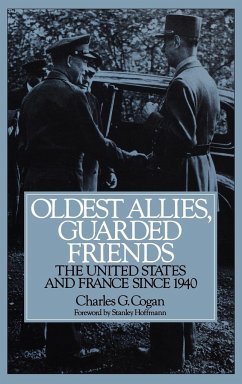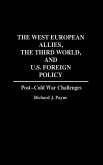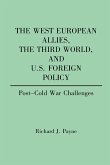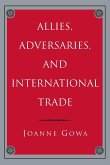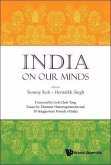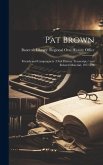The author offers a revisionist-style look at the French-American relationship as seen through a series of case studies dating from the great misunderstanding between the Roosevelt administration and the Free French movement in World War II to the formation of the Euro-Corps in the early 1990s. American power grew tremendously in the wake of World War II and the Cold War that followed, forming, around a strategic consensus based on the indivisibility of defense against the Soviet Union, an American imperium in Europe. The interests of this imperium differed significantly from those of France, the oldest and one of the most important nations in Europe. Great Britain, France's counterpart in these respects, benefitted from special treatment by, and a special relationship with, the United States. France's efforts to develop a national nuclear force as a demonstration of its strength and independence were continually hampered by the United States until the 1970s. Britain's efforts, on the other hand, were not hampered but aided. In struggling to regain France's leading position in Europe, the French leadership under Charles de Gaulle sought on the one hand an independent nuclear force, and, on the other, a strengthening of Europe with a Franco-German alliance at its core. Both of these policies provoked friction with the United States; both will now have to be revised, after the end of the Cold War and the emergence of a powerful, reunited Germany. The overall prospect, however, is that of continuing differences between France and the United States, as the antagonisms of the past, which date primarily from the World War II era, will not easily die out. Written by a former senior intelligence officer with a background of extensive French government and academic relationships, this book will be invaluable to all students of contemporary European history and U.S. foreign relations.
Hinweis: Dieser Artikel kann nur an eine deutsche Lieferadresse ausgeliefert werden.
Hinweis: Dieser Artikel kann nur an eine deutsche Lieferadresse ausgeliefert werden.

